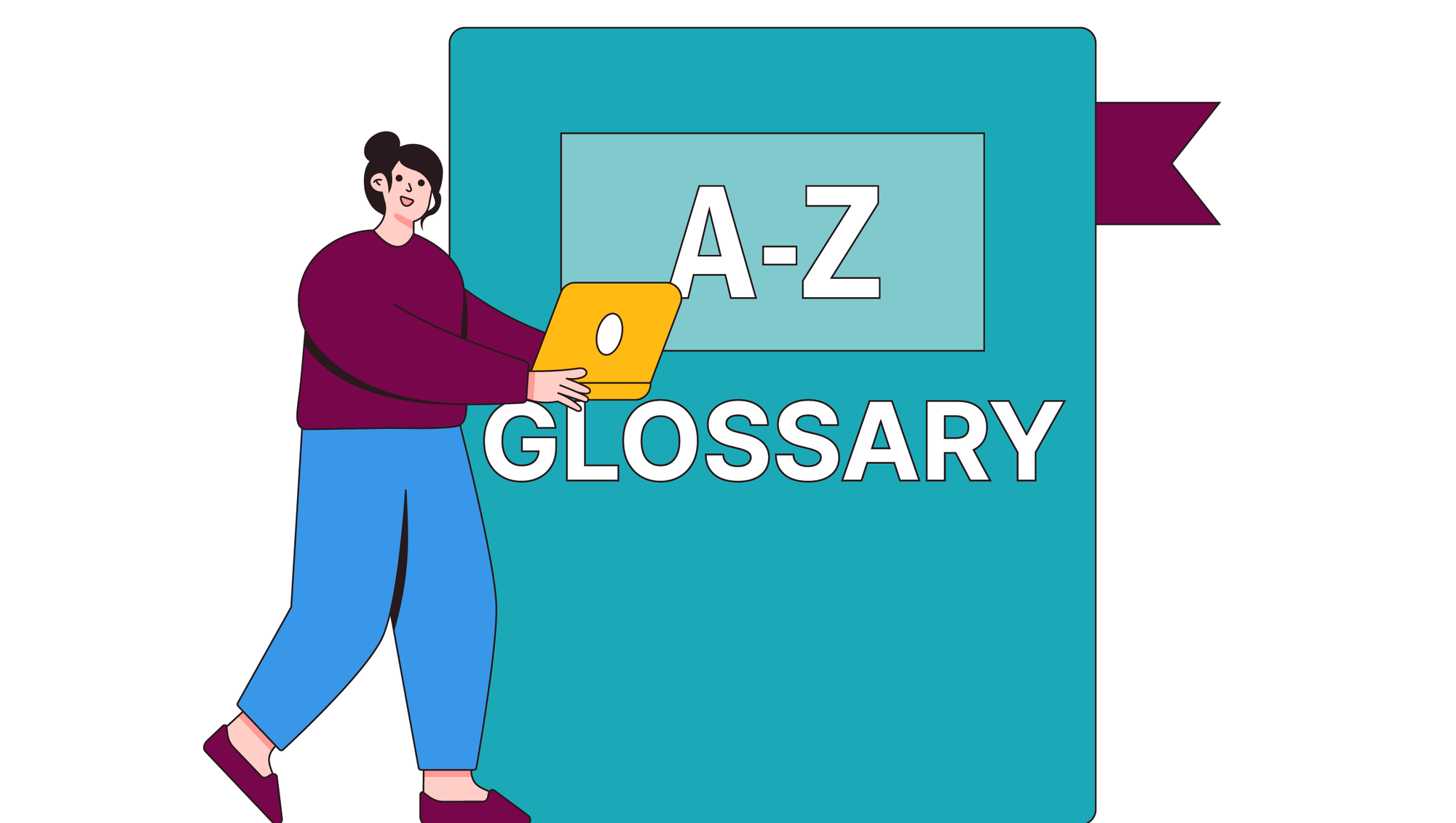1.10 Where can I find a list of relevant terms?

Glossary
As in any other business, archives use a lot of specialised vocabulary. New staff members in social science data archives are often found jotting down acronyms in meetings, trying to not forget to look up “What is an API?” or “What is an AIP?”. Glossaries can help you deal with the appropriate jargon. They list relevant words for specific topics, including their meanings. There are glossaries for the fields of:
- Research Data Management, for example by Codata (CODATA), Casrai (CASRAI) or the Dutch RDM network (LCRDM)
- Curation of Data, for example by the Digital Curation Centre (DCC)
- Preservation, for example by the Digital Preservation Coalition (DPC)
- Social Sciences, for example by ICPSR (ICPSR)
- more technical glossaries, for example the School of Data Glossary (School of Data)
- more general glossaries, like the Science Europe Data Glossary (Science Europe 2015) and the extensive collection of terms by the FAIRsFAIR project (FAIRsFAIR 2019).
To solve the questions above: An API is an Application Programming Interface (School of Data); an AIP is an Archival Information Package (OAIS).
This Data Archiving Guide will also include a glossary to point to the right definition of the terms used in the guide.
Importance of glossaries
A lot of the terminology used in archives comes from the Open Archival Information System (OAIS) and describes functional entities that may be part of an archive. It defines workflows, processes and functions an archive should fulfil (OAIS). You can learn more about Ingest, Preservation, Access and other functions by reading the section What is the process of archiving from beginning to end?
Using terms consistently is not only important when talking to other experts. Some organisations have style guides or documents about corporate language to avoid confusion inside and outside of the organisation. Most data archives have customers, like data producers, with whom good communication is key to the archive’s success. Consistent usage of terms is also important when collaboratively working on documents or workflows.
Find out more about your archive
Here are some questions that you can ask to learn more about your archive:
- Does your archive have its own glossary?
- Is there a style guide for consistent communication of terms to external users in your archive?
- What are important terms for your specific work area?